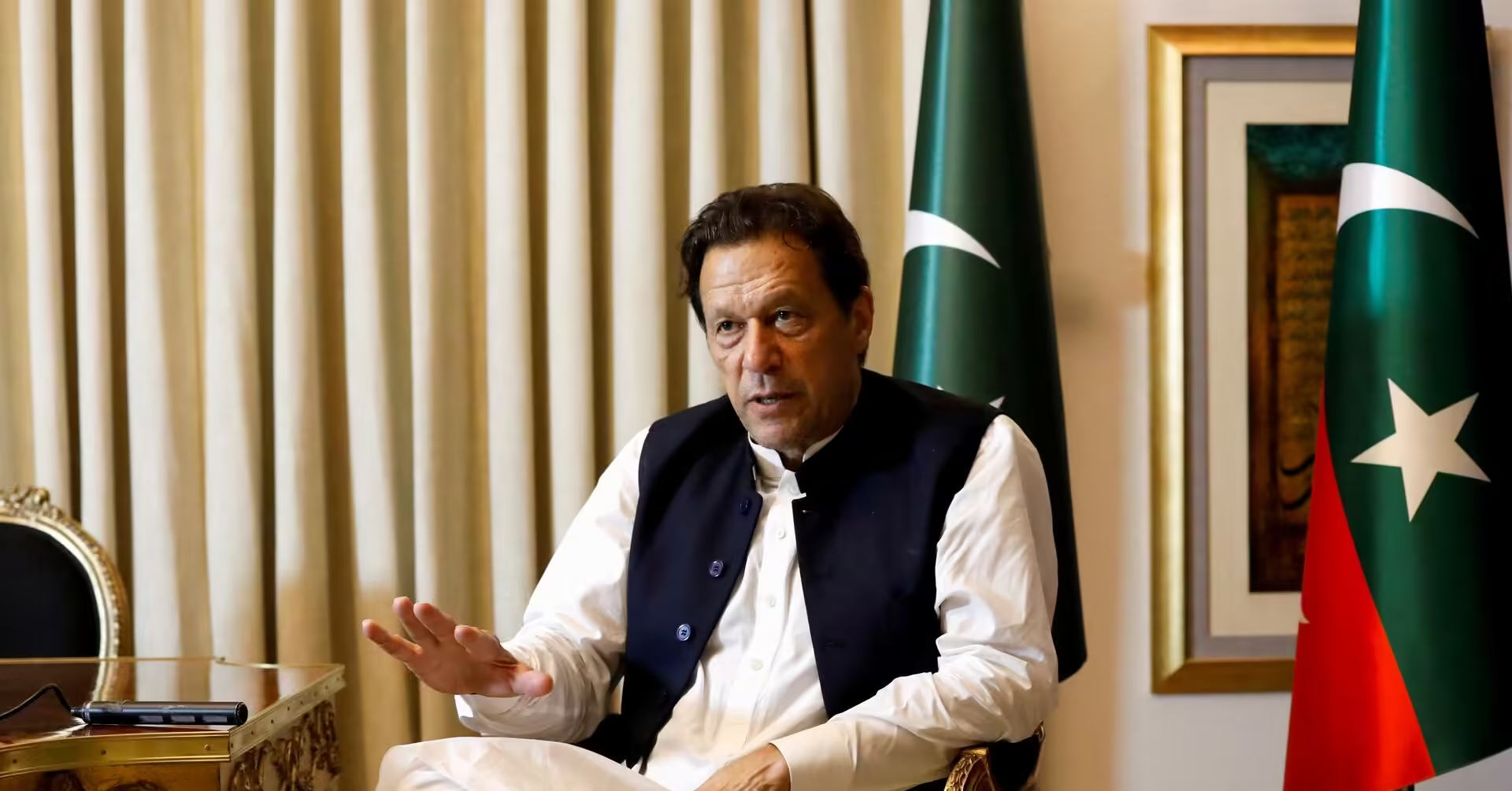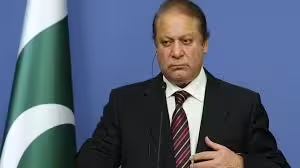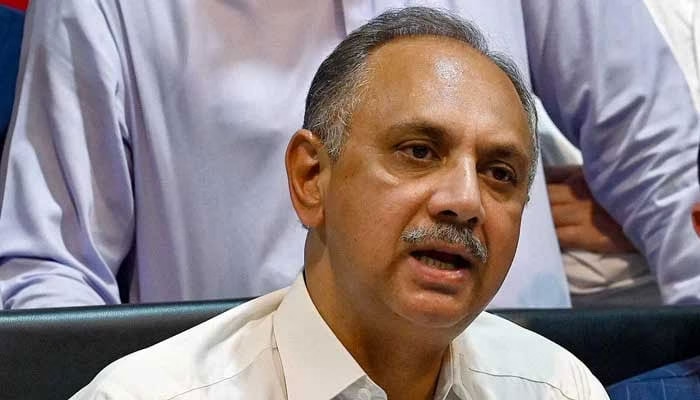After a tumultuous period marked by the incarceration of its founder Imran Khan and top leaders, forced defections following the May 9 riots, denial of the iconic ‘bat’ symbol, lack of a level playing field in the February 8 elections, and manipulation of election results to prevent its return to power, the Pakistan Tehreek-i-Insaf (PTI) has received a significant boost. On Friday, the Supreme Court of Pakistan ruled 8-5 in favor of the PTI, granting it reserved seats that had previously been allocated to other parties by the Election Commission of Pakistan (ECP) and the Peshawar High Court (PHC).
With this decision, the PTI’s number of lawmakers, including those previously identified as PTI-backed Sunni Ittehad Council (SIC) members, now stands at 92. The Supreme Court’s verdict allows the PTI to secure 22 reserved seats in the National Assembly, previously given to three different parties by the ECP, bringing the total number of PTI MNAs to 114.
The opposition in the National Assembly now includes 125 members, with the Jamiat-Ulema-i-Islam (JUI-F) holding 8 seats, and PkMAP, BNP-M, and MWM each holding one seat. This figure also encompasses eight members who had not joined the SIC, including PTI Chief Barrister Ali Gohar, Leader of the Opposition in NA Omar Ayub Khan, and six other PTI-linked MNAs.
The ruling coalition’s total number of seats is now 209, falling short of the 224 seats required for a two-thirds majority in the 336-seat National Assembly. The Pakistan Muslim League-Nawaz (PML-N) now holds 108 seats, the Pakistan Peoples Party (PPP) has 68 seats, and the Muttahida Qaumi Movement (MQM) holds 21 seats. The Pakistan Muslim League-Quaid (PML-Q) has five seats, while the Istehkam-i-Pakistan Party (IPP) holds four seats.
The Supreme Court’s suspension of the Peshawar High Court’s judgement, which had deprived the PTI-backed SIC of reserved seats for women and minorities, resulted in the ECP redistributing 77 PTI seats in national and provincial assemblies among other parties. This included 44 seats for the PML-N, 15 for the PPP, 13 for the JUI-F, and one each for the PML-Q, IPP, PTI-P, MQM-P, and ANP.
Additionally, the suspension affects 21 lawmakers elected on reserved seats for women in Khyber Pakhtunkhwa (KP), including eight from the JUI-F, six from the PML-N, five from the PPP, and one each from PTI-P and ANP. Four members elected on reserved seats for minorities are also suspended, including two from JUI-F and one each from PML-N and PPP.
In the Punjab Assembly, 24 lawmakers who had been elected on reserved seats for women lost their seats, including 21 from the PML-N and one each from PPP, IPP, and PML-Q. Three suspended members from the Punjab Assembly occupying reserved seats for non-Muslims include two from the PML-N and one from the PPP. In the Sindh Assembly, two members from the PPP and one from the MQM also lost their seats.



